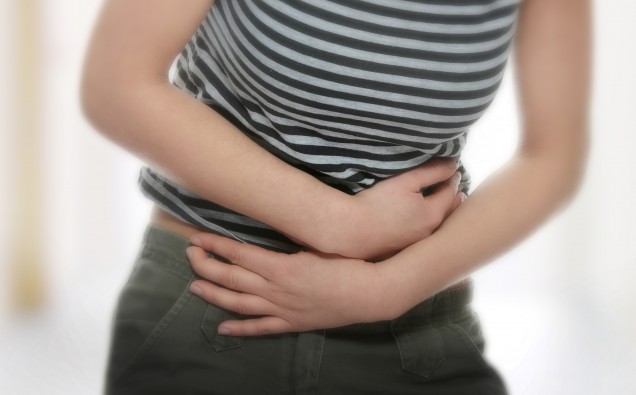Irritable bowel syndrome or more commonly, “IBS,” as it is known, will affect nearly one in five persons in the United Kingdom at some stage in their life. So what exactly is IBS and what can we do to tackle this menace of a condition? RECAP ON THE STRUCTURE OF THE DIGESTIVE SYSTEM. The Digestive Journey of your food starts from the moment you place it in your mouth to the time it leaves the Body in the form of a Stool . On the way , this portion of food is subjected to numerous digestive Juices , acid within the Stomach to break it down , digestive enzymes in the First part of the digestive
System called the small Intestine . The food then enters the last stage of its journey within the Large intestine to undergo transformation into a Stool Bulk and is further transformed with the help of bacteria in the intestine and further absorption of Waste products from the rest of the Body, to render This Food Particle a matter, composed of Waste Material, that should be Eliminated from the Body.
THE SYMPTOMS OF IRRITABLE BOWEL SYNDROME Pain and discomfort may occur in different parts of the tummy . This form of pain usually comes and goes. The pain often eases when you pass stools or pass wind. Many people with IBS describe the pain as a spasm or colic. The severity of
the pain can vary from mild to severe, both from person to person, and from time to time in the same person. Bloating and swelling of your abdomen may develop from time to time. You may pass more wind than usual. There could be associated changes to your stools such as : Some people have bouts of diarrhoea, and some have bouts of constipation. Some people have bouts of diarrhoea that alternate
with bouts of constipation. Sometimes the stools become small and pellet-like. Sometimes the stools become watery or more loose. At times, mucus may be mixed with the stools. There may have a feeling of not emptying the back passage (rectum) after going to the toilet. Some people will experience a symptom called urgency, which means they have to get to the toilet quickly.
A morning rush is common. That is, they feel an urgent need to go to the toilet several times shortly after getting up. This is often during and after breakfast. Other symptoms which sometimes occur – include: Feeling sick, a person can suffer from headache, belching, poor appetite, tiredness, backache, Muscle pains, feeling full after eating, Heartburn can take place too along with all the above symptoms. WHAT CAUSES IBS? The cause has not yet been established although, there are a few theories . One theory is that, It may have something to do with overactivity of part or parts of the gut. The small and large bowel, are parts of the gut inside the tummy . Food is passed along by regular squeezes (contractions) of the muscles in the wall of the gut. Pain and other symptoms may develop if the contractions become abnormal or overactive. The area of overactivity in the gut may determine whether constipation or diarrhoea develops your bowels if not daily, on an alternate day basis. This will encourage the Bowel to be stimulated Regularly . And thus lead to a regular routine .Regular Exercise such as Fifteen Minutes of Brisk Walking can help with Bowel movement regularity and is overall good for the circulation, promoting increased blood flow to the intestine, thus improving overall Natural stimulating movements of the gut which helps to promote a good regular digestion and bowel movement.
MANAGING SYMPTOMS OF IBS there are a few facets to attempting a good control of symptoms in people who suffer from IBS. In any of the following management strategies, lifestyle changes such as Exercise. Regular exercise is known to help to ease symptoms. Managing stress levels. Stress and other emotional factors may trigger symptoms in some people. So, anything that can reduce your level of stress or emotional upset may help. Keeping a symptom diary. Its not a bad idea to keep a symptom diary for a month or two on how many times you have had abdominal pain, bloating, Diarrhoea or Constipation. You could then take this diary to your GP to analyse and help you develop a management plan to tackle your symptoms. DIETARY CHANGES there are current national guidelines about IBS include the following points about diet, which may help to decrease symptoms: Have regular meals and take time to eat and complete your meals.
Avoid missing meals or leaving long gaps between eating. Drink at least eight glasses of fluid per day, especially water or other non-caffeinated drinks. This helps to keep the stools (faeces) soft and easy to pass along the gut. Restrict tea and coffee to three cups per day (as caffeine may be a factor in some people) It also contributes towards Constipation as it can make you pass urine more often. Restrict the amount of fizzy drinks that you have to a minimum. Don’t drink too much alcohol. (Some people report an improvement in symptoms when they cut down from drinking a
lot of alcohol.)





















